THIS is the question that few seem to be raising ahead of the polls in a few months' time. This is exceedingly curious in the aftermath of the November 2017 events, the ousting of a sitting president, and the creation of a government with dubious legitimacy. The general assumption seems to be that elections that are acceptable, regardless of the winner, will resolve all the problems, but what if the elections fail the test?
The first set of issues has to do with what are the conditions for free, fair and credible elections? In the aftermath of the military coup last November, or whatever other euphemism is used to call this, the critical questions are to do with the playing field, as it must always be when the military intervene in civilian affairs.
This goes much broader than the independence of the Zimbabwe Electoral Commission (Zec), the state of the voters' roll, codes of conduct, and the purely regulatory aspects of elections. It involves a whole gamut of issues that have bedevilled all elections since 2000 or even before that: they are all to do with the sustained capture of the state by Zanu-PF, and now the deeper capture of both the state and the party by the military.
We outlined the necessary adjustments in order to create a level playing field earlier this year:
Security sector containment: As a bare minimum this will require a public statement by the heads of security services that they will be non-partisan in terms of the constitution and their enabling legislation. This needs to be expanded by the removal of security personnel from civilian activities, including Zec and command agriculture, and the setting up of a multi-party monitoring team to ensure compliance with all of the above;
Traditional leaders containment: Again, as a bare minimum this will require a public statement by Council of Chiefs that they will be non-partisan in terms of the constitution and their enabling legislation. These public statements will need to be repeated by all chiefs in all areas, accompanied by their headmen and village heads, and, again, the setting up of a multi-party monitoring team to ensure compliance with the above;
Impartiality of Zec: This can be done by either placing a Southern African Development Community (Sadc)-appointed chair of Zec or providing a Sadc-appointed "shadow" for the Zimbabwean-appointed chair. There are calls for this already. Additionally, there must be the setting up of a multi-party monitoring team to ensure full compliance with all aspects of the constitution and the Electoral Act. Furthermore, no constraints must be placed on Zimbabwean civil society bodies undertaking civic education or observing elections, and no barring of any country or body that wishes to observe elections, including long-term observers;
Media reforms: There is the essential requirement to providing open access to state radio and television. There must be a public statement by the government that all political parties have open access to state radio and television, and also the setting up of a multi-party monitoring team to ensure compliance with open access and equality of access for political parties;
Full citizen participation: The process of elections themselves needs to allow the fullest participation of all Zimbabwean citizens eligible to vote, as was the case in 1980. This means that there must be an amendment of the Electoral Act to allow full proportional representation for the Presidency and the House of Assembly. Citizens can thus vote anywhere, and parties will be accorded seats according to their proportion of the vote;
Comprehensive monitoring: Most critical of all monitoring processes must be the embedding of Sadc personnel in every one of the monitoring groups mentioned above. This is crucial to creating confidence that the process is occurring with respect to the constitution, the law, and the African Union (AU) and Sadc election principles and guidelines; and
Peace-keeping force: It would be usual in the aftermath of a coup that a peace keeping force was placed in the country. Here we do not need this to avoid conflict between warring groups, but to ensure that there are teeth to all the monitoring. There will be need for intense international scrutiny of these elections in anticipation of possible post-election fallout, attempts at another coup, and the kind of violence that was unleashed in 2008.
In other words, for elections in Zimbabwe to be free, fair and credible, they have to meet these above conditions, or better still the Sadc Principles and Guidelines Governing Democratic Elections which include the following:
Full participation of the citizens in the political process;
Freedom of association;
Political tolerance;
Regular intervals for elections as provided for by the respective national constitutions;
Equal opportunity for all political parties to access the state media;
Equal opportunity to exercise the right to vote and be voted for;
Independence of the judiciary and impartiality of the electoral institutions;
Voter education;
Acceptance and respect of the election results by political parties proclaimed to have been free and fair by the competent National Electoral Authorities in accordance with the law of the land; and
Challenge of the election results as provided for in the law of the land.
Certainly we can kiss goodbye the notion that the millions of Zimbabweans in the diaspora will have any say in the country's future, and this was only a slim possibility in February of this year.
However, as seems wholly probable, the first four confidence-building measures are not in place and in place very soon, it can be assumed then that the conditions for free, fair and credible elections are not in place. We would argue that these are the bare minimum confidence building measures possible in the little remaining time before the elections.
The big question we are raising here is what happens when the conditions are unfavourable, and in the broad terms we have described, and the election is a disaster?
There are many different kinds of disaster than can occur, and it is not the point here to itemise these, but to ask what will be done if any of them happen, and how to avoid chaos and, more seriously, violence.
This is why we suggested the need for both close (embedded) monitoring and the establishment of a peace-keeping force. Not merely a peace-keeping force on stand-by, but a peace-keeping force with a presence in the country. There is considerable evidence from around the world that peace-keeping forces not only ameliorate violence, but frequently prevent this.
Such a force will prevent chaos and/or violence, and will allow the next logical step following a disaster of an election, a national, internationally supported conference by Sadc, the AU and the wider international community, leading to the setting up of a National Transitional Authority. This opportunity was missed after the coup last year. For the international community to only act after the fact of a disastrous election will be the grossest irresponsibility in the aftermath of a coup, and Zimbabweans will take no pleasure in once again saying "we told you so"!
Mandaza and Reeler are co-convenors of the Platform for Concerned Citizens.
- the independent
 Shamu praises Mnangagwa's SADC leadership
Shamu praises Mnangagwa's SADC leadership  South Africa is in serious trouble
South Africa is in serious trouble  US halts visa services for Zimbabwean nationals
US halts visa services for Zimbabwean nationals  ZSE pushes for another equities tax cut to boost selloffs
ZSE pushes for another equities tax cut to boost selloffs  Gold edges up as traders await guidance
Gold edges up as traders await guidance  Inside Buhera's hidden cost of lithium
Inside Buhera's hidden cost of lithium  Young Investment Professional (YIP) Graduate Programme 2019
Young Investment Professional (YIP) Graduate Programme 2019 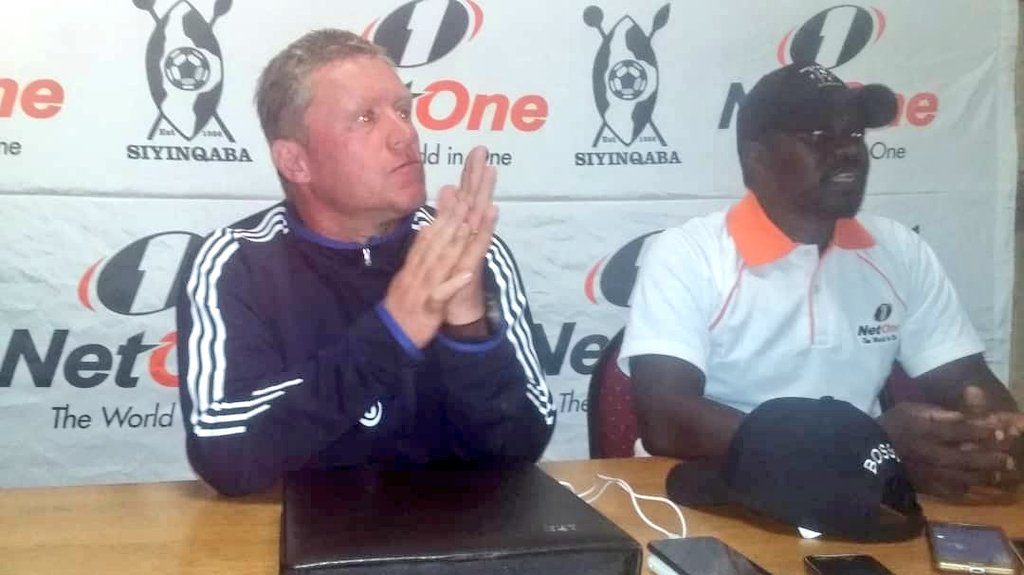
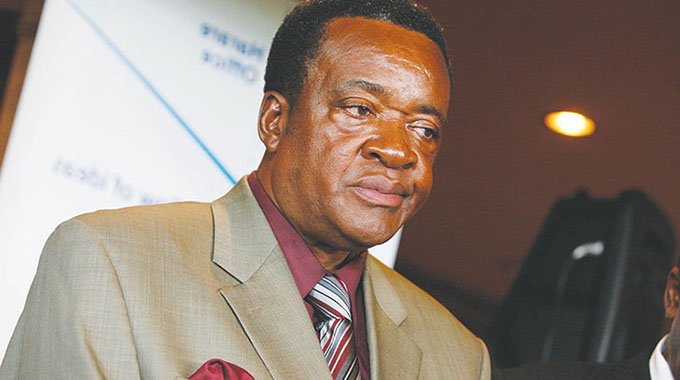
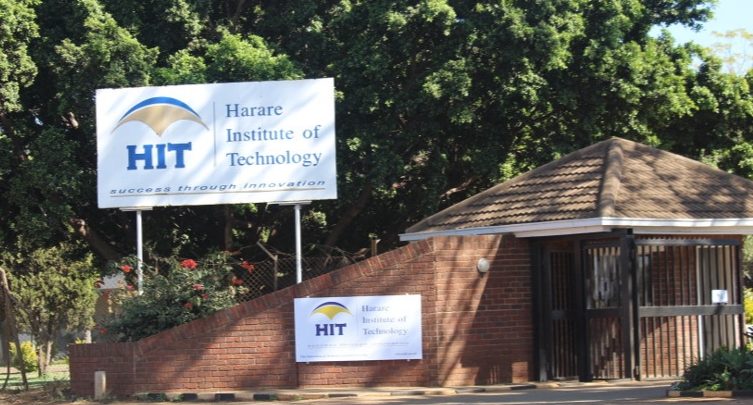
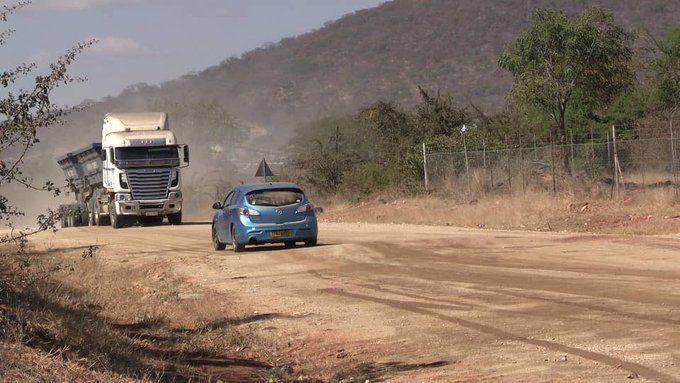
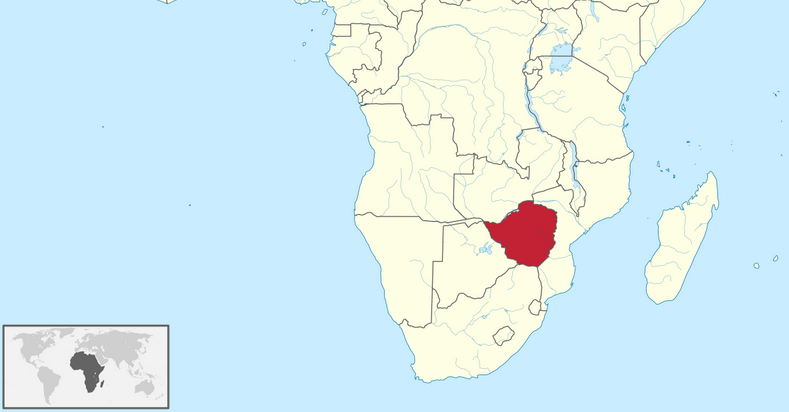
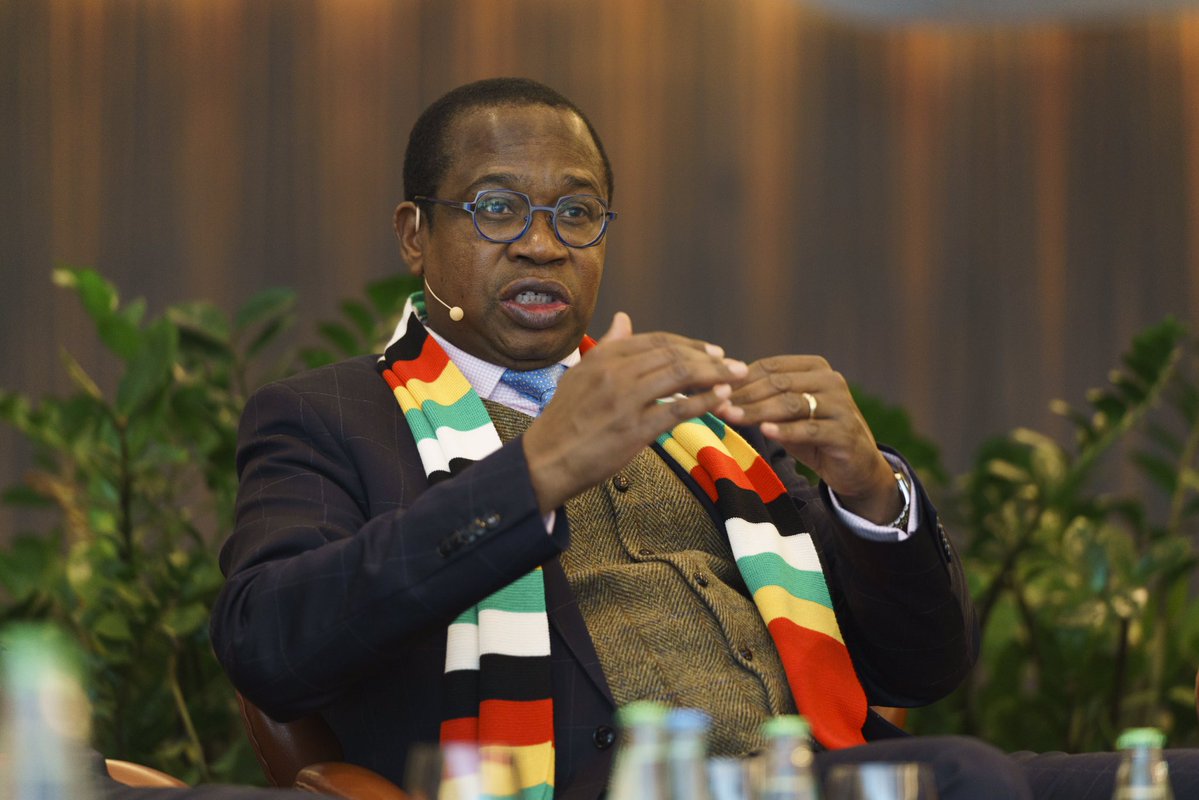
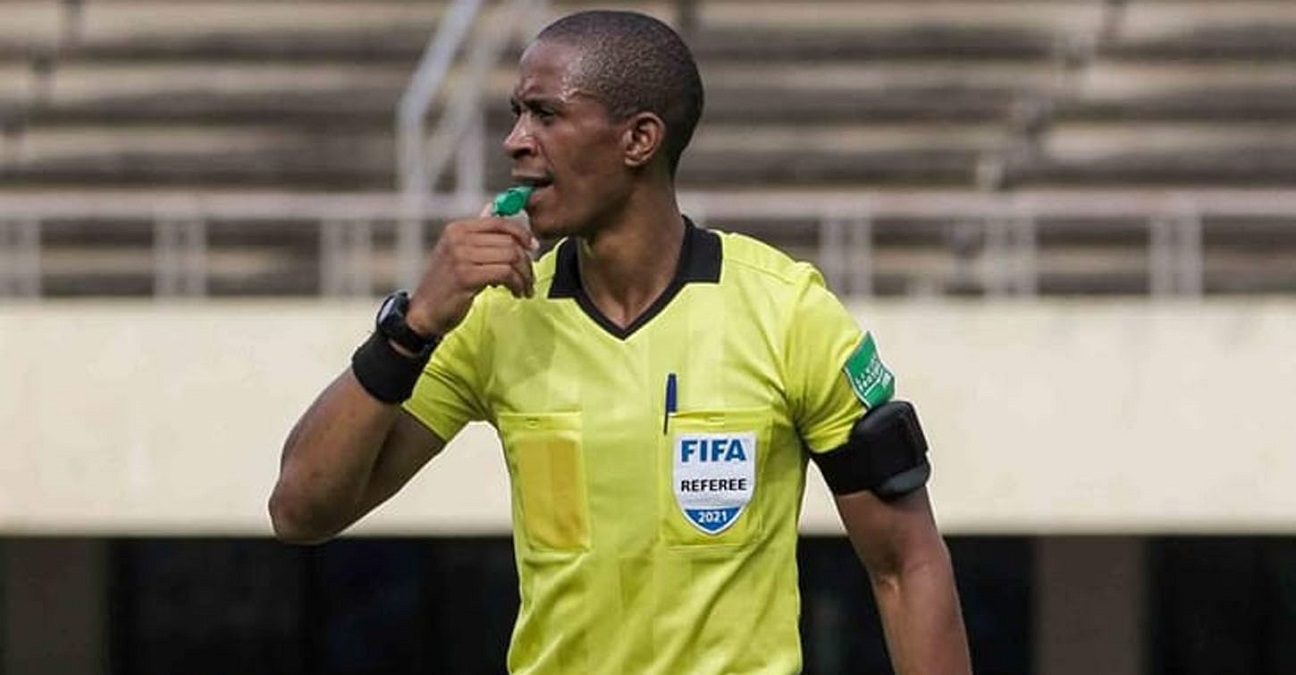
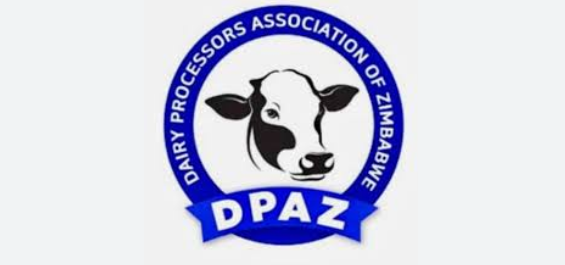
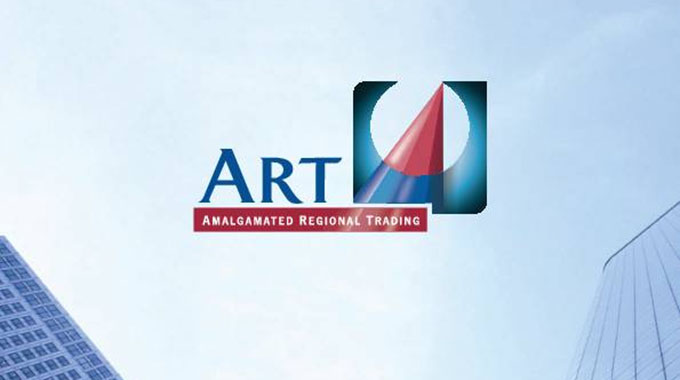


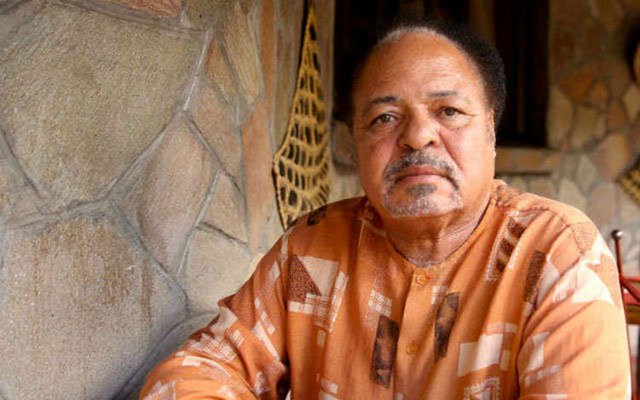
 Young Investment Professional (YIP) Graduate Programme 2019
Young Investment Professional (YIP) Graduate Programme 2019
Editor's Pick